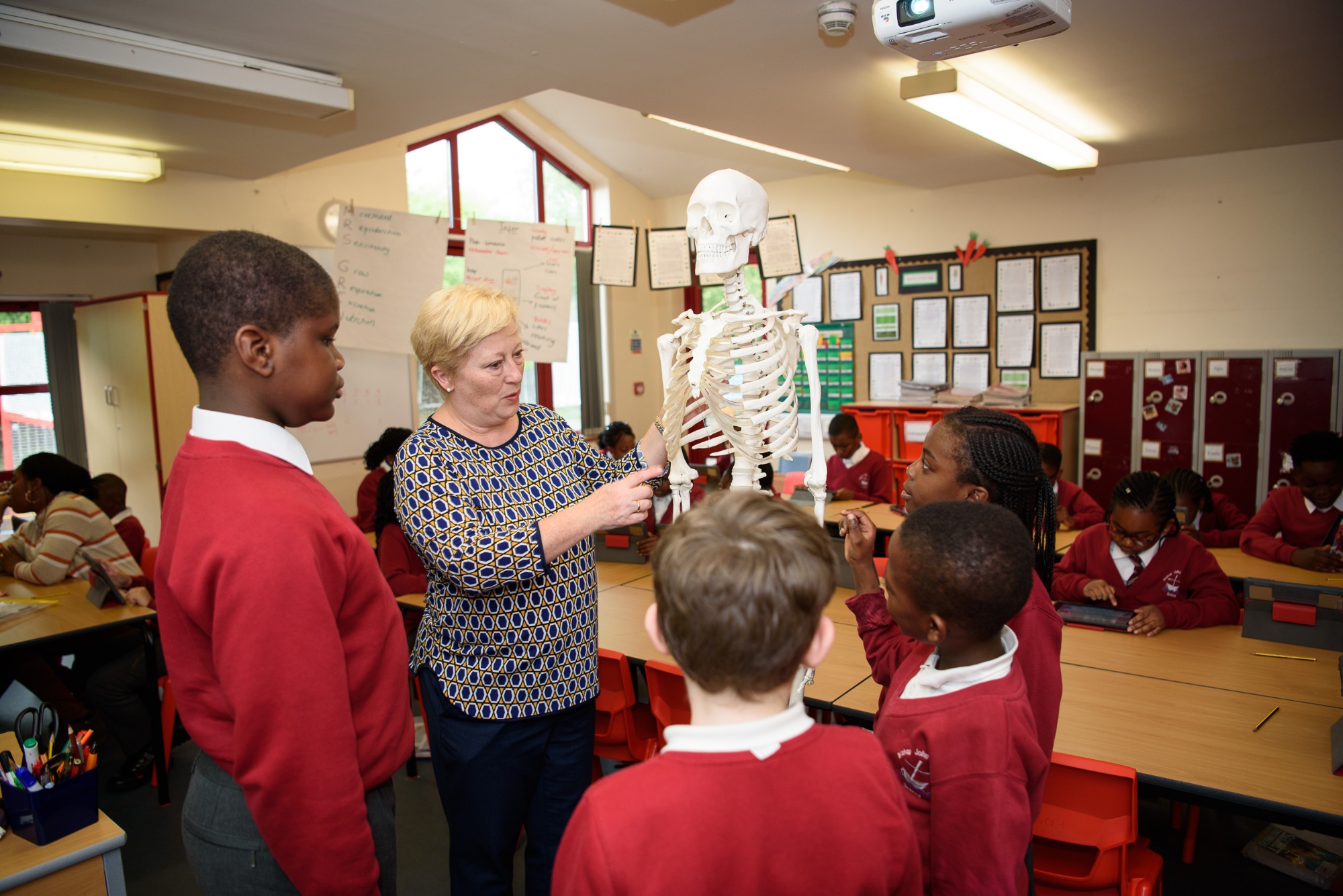Science

Science Intent
Our science curriculum provides children with a broad range of life skills to use and apply within the wider school curriculum and throughout life. We encourage children to explore and understand the natural and technical world through asking questions and seeking answers to build sufficient understanding. These skills help children to generate ideas, make decisions and to use evidence to understand key concepts.
Developing curiosity, excitement and wonder of the world through exploration encourages their engagement with, and motivation to study science from the Early Years Foundation Stage to the end of Key Stage 2. We want our children to be equipped with the scientific knowledge required to understand the uses and implications of science, today and for the future.
To avoid superficial understanding and misconceptions our science curriculum is designed to provide the children with a progressive and sequenced approach to key knowledge and concepts. We encourage a cross-curricular approach to support transference and application of skills and to ensure learning is purposeful and meaningful. Furthermore, careful planning for an extended writing opportunity in every unit effectively gives the children a significant opportunity to write, edit and discuss.
We are proud to provide our children with a high-quality science education that creatively incorporates and promotes the key skills of reading, writing and using mathematical knowledge, ideas and operations.
Science at Bishop John Robinson CofE Primary
At BJR our children learn to use a variety of approaches to answer relevant scientific questions. Child-led investigations ensure that they develop scientific enquiry skills, such as:
- observing over time;
- pattern seeking; identifying, classifying and grouping;
- comparative and fair testing (controlled investigations);
- researching using secondary sources.
These enquiries improve the children's scientific knowledge and conceptual understanding by giving them opportunities to explore the nature, processes and methods of science. This helps them to answer scientific questions about the world around them.
Once they are equipped with the scientific knowledge they begin to understand the uses and implications of science, today and for the future.
